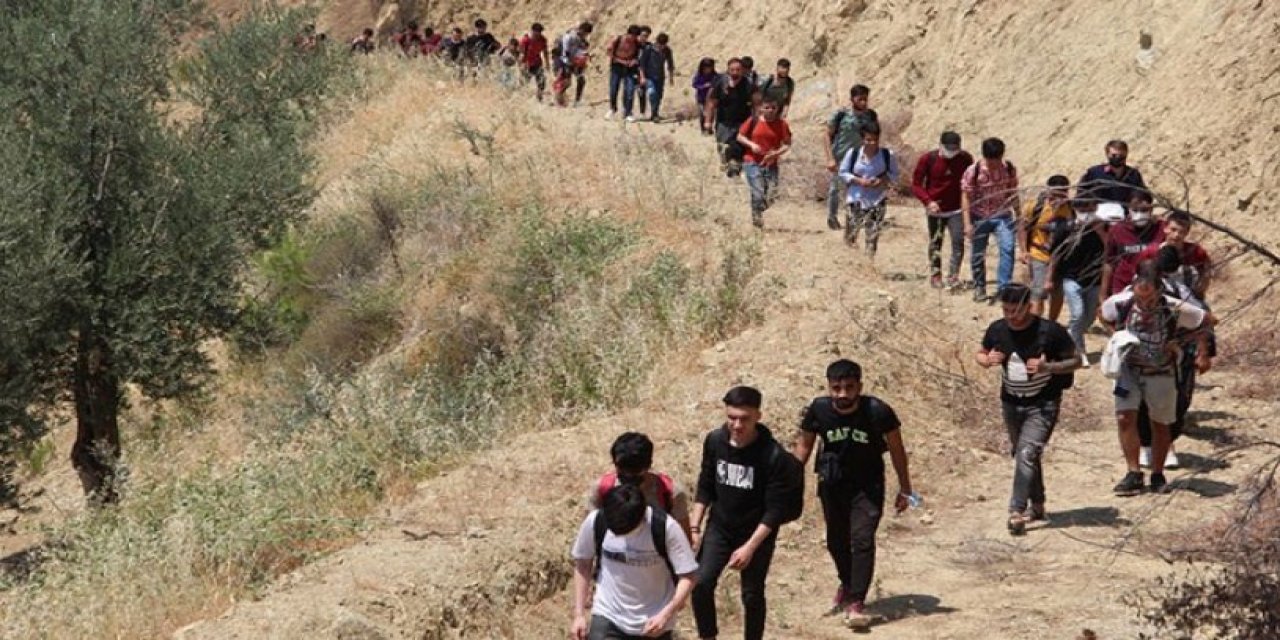What would happen to Turkish economy if Syrians left?
Cem Cetinguc
•
September 28, 2022 3:48 pm
Alaeddin Şengüler, a Turkish economic analyst and a member of the Independent Turkish Industrialists and Businessmen Association (MÜSİAD), blamed all Turkish political parties and the mainstream for not doing anything about the dwindling Syrian labor force.
While official figures show steady growth in the Turkish economy since the arrival of Syrian refugees, without asserting a role for them in this growth, it is not yet clear what impact the racist campaigns will have on the work sectors in which Syrians are active inside Turkey due to the absence of statistics.
Experts expect that the loss of the Syrians will have a negative impact on some professions and sectors that the Turks refrain from because of their difficulty.
In this file, Enab Baladi discussed with economic experts and researchers the transformation that the Turkish economy witnessed before and after the Syrian asylum, as well as the reality of the concerns circulating about the effects of the absence of Syrian labor on the Turkish economy.
The neglect of the Turkish state for 25 years to educate and prepare a group of young craftsmen in the workshops, away from theoretical studies, especially in university, has led to a shortage of skilled Turkish manpower.
The government of Turkish President Recep Tayyip Erdogan did not rectify this matter after taking power. Rather, it focused on building universities and institutes, which created a gap in the market, in which the Syrians were the cornerstone, Şengüler told Enab Baladi.
Şengüler believes that the dialectic of the “Muhajirin wal-Ansar” discourse in which Erdogan considered the Syrians as (referring to the depth of brotherhood based on his description of the beginnings of Islam and the support that occurred), in return the Syrians’ contributions and their ability to advance themselves were marginalized.
Also, it did not correspond to the behavior of a large segment of the Turkish people but rather reinforced the belief that the Syrians live on government subsidies derived from the people’s taxes.
Şengüler criticized the failure to highlight the amount of foreign aid obtained by the Turkish state in return for accommodating refugees, which inflicted moral damage on them, as well as statements regarding the amounts spent on Syrian refugees, which are an explicit fallacy that contradicts with the solidarity claims.
“The economy will be negatively affected, not because of the lack of Turkish competence in number and skill, but because of the abandonment of the sectors occupied by the Syrians, which caused a kind of passiveness that needs time to be harmonized by the Turkish labor force, which will harm the employers.”
Owners of factories and workshops shared pictures of their empty facilities due to the decrease in the number of Syrian labor, causing them to fear the economic consequences of that.
As a result of the growing hate speech, the continuous restrictions, and the escalation of random deportation campaigns within the “voluntary return” plan, in addition to the continued deterioration of living conditions, thousands of Syrian refugees in Turkey have been forced to seek another refuge.
Since the start of the Syrian revolution in 2011, about four million Syrian refugees have gone to Turkey in search of stability and the safety they had lost in their country.
After years of attempts to compensate for their losses, and working in various fields, attempts to reach a state of stability have become a dream for most Syrian refugees in Turkey.
Within four months, the number of Syrians holding a temporary protection card (Kimlik) decreased by 105,778. When President Erdogan announced a project to return one million refugees, last May, their number reached 3,761,267 Syrian refugees.
Also, the number of Syrians who obtained a temporary protection card in Turkey is 3,656,157 people, according to the recent statistics of the General Directorate of Turkish Migration Management.
english.enabbaladi.net
 afghan refugees
afghan refugees
 afghan refugees
afghan refugees